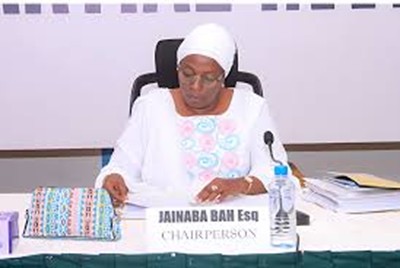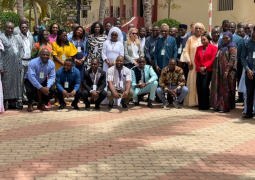
According to Gomez, the mandate of the commission covered wide-ranging issues: securing and servicing loans, withdrawal and application of council funds, the granting and use of landed properties, the recruitment and remuneration of staff and consultants, and the creation of limited liability companies with council involvement. The commission also scrutinized procurement contracts, staffing levels, and compliance with financial and IT regulations.
Evidence presented during the hearings revealed that many councils failed to comply with the Finance Act, procurement rules, and financial manuals, despite their autonomy to raise and manage revenue. “For the longest period, these monies have not properly been checked to ensure they benefit the people in the manner intended,” Gomez told the commission.
He noted that CEOs and finance directors often enjoyed “absolute freedom” in operating accounts, with mayors and chairpersons at times directly complicit in withdrawals that were not properly accounted for. In some cases, the Public Procurement Authority (GPPA) was also accused of complicity in circumventing procedures.
The inquiry further highlighted discrepancies between the legal powers of mayors and chairpersons who are entrusted with oversight responsibilities and their actual role in day-to-day financial management, with Gomez saying many failed to exercise their supervisory authority.
Gomez stressed the need to strengthen oversight mechanisms, including empowering the National Audit Office, to ensure compliance reviews are more robust and annual financial transactions of councils are thoroughly examined. “Who polices the police?” he asked, pointing to the necessity of holding watchdog institutions accountable as well.
As the commission wrapped up, Gomez thanked the commissioners, legal staff, and witnesses for their cooperation. He emphasized that the next critical step would be the preparation of the final report, which will analyze evidence gathered over the past 28 months and make recommendations on asset recovery, accountability, and reforms to prevent future financial abuse.
The report is expected to address whether any individuals or groups committed offenses in relation to the matters investigated and recommend measures to restore public funds misapplied or misappropriated by local councils.




